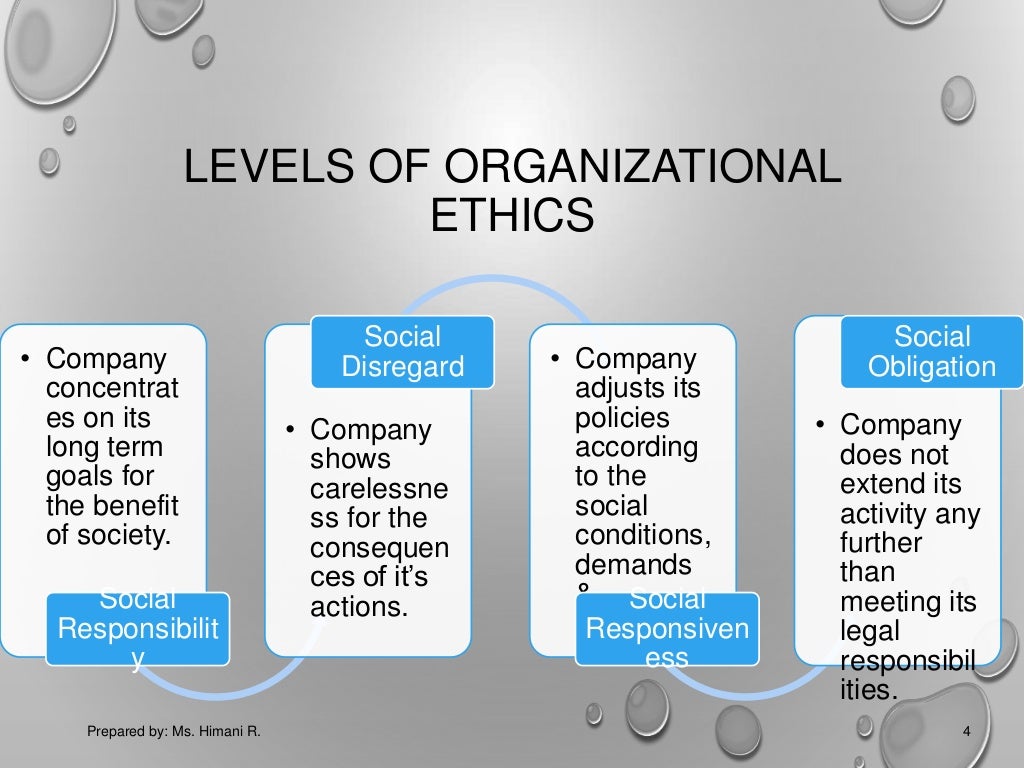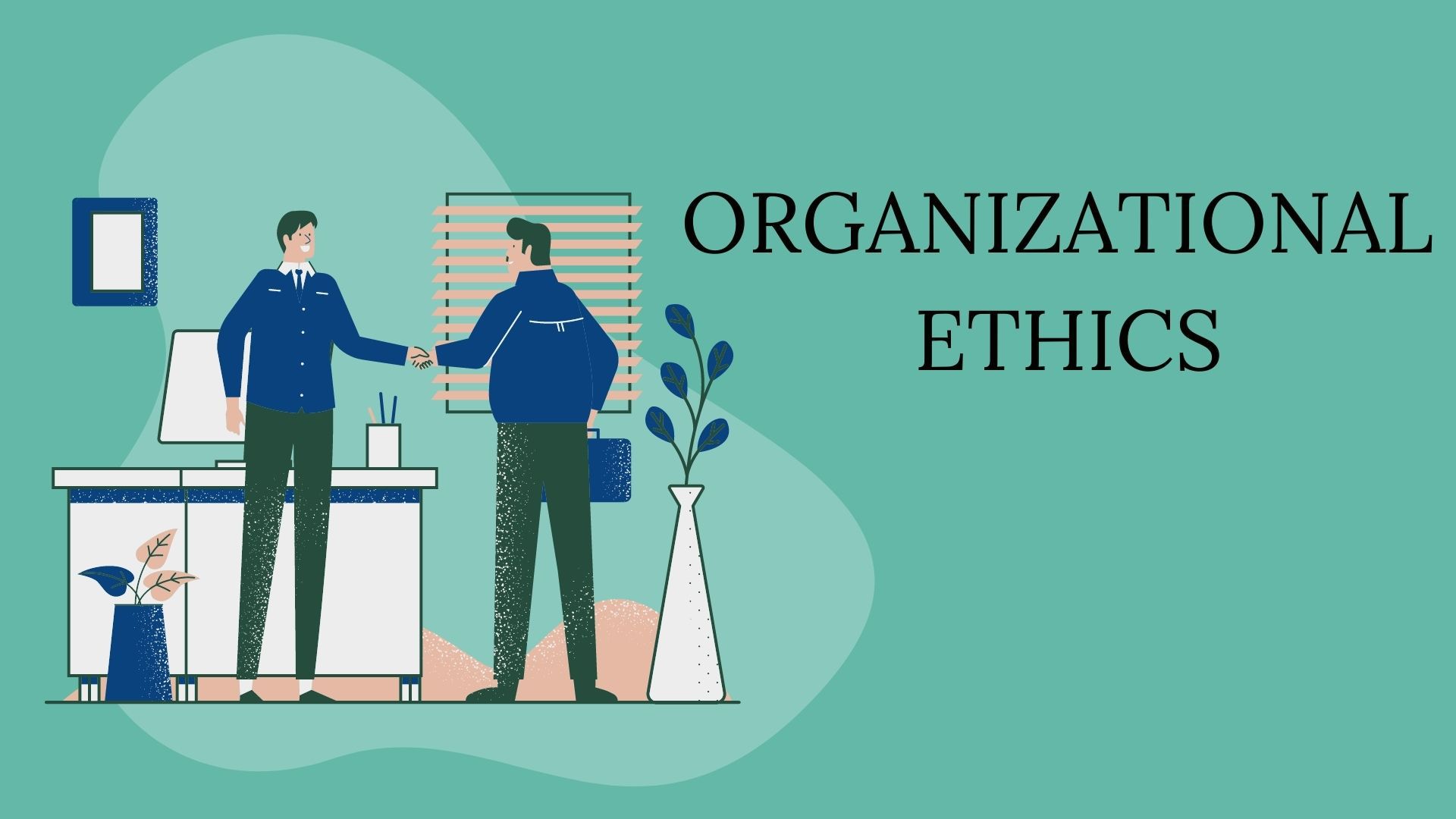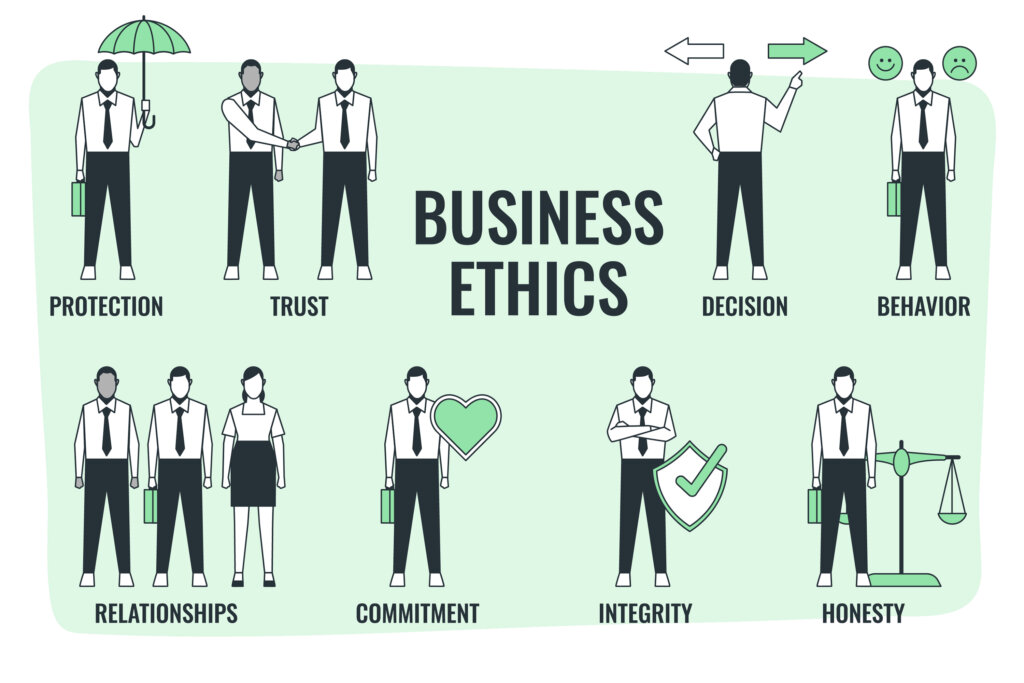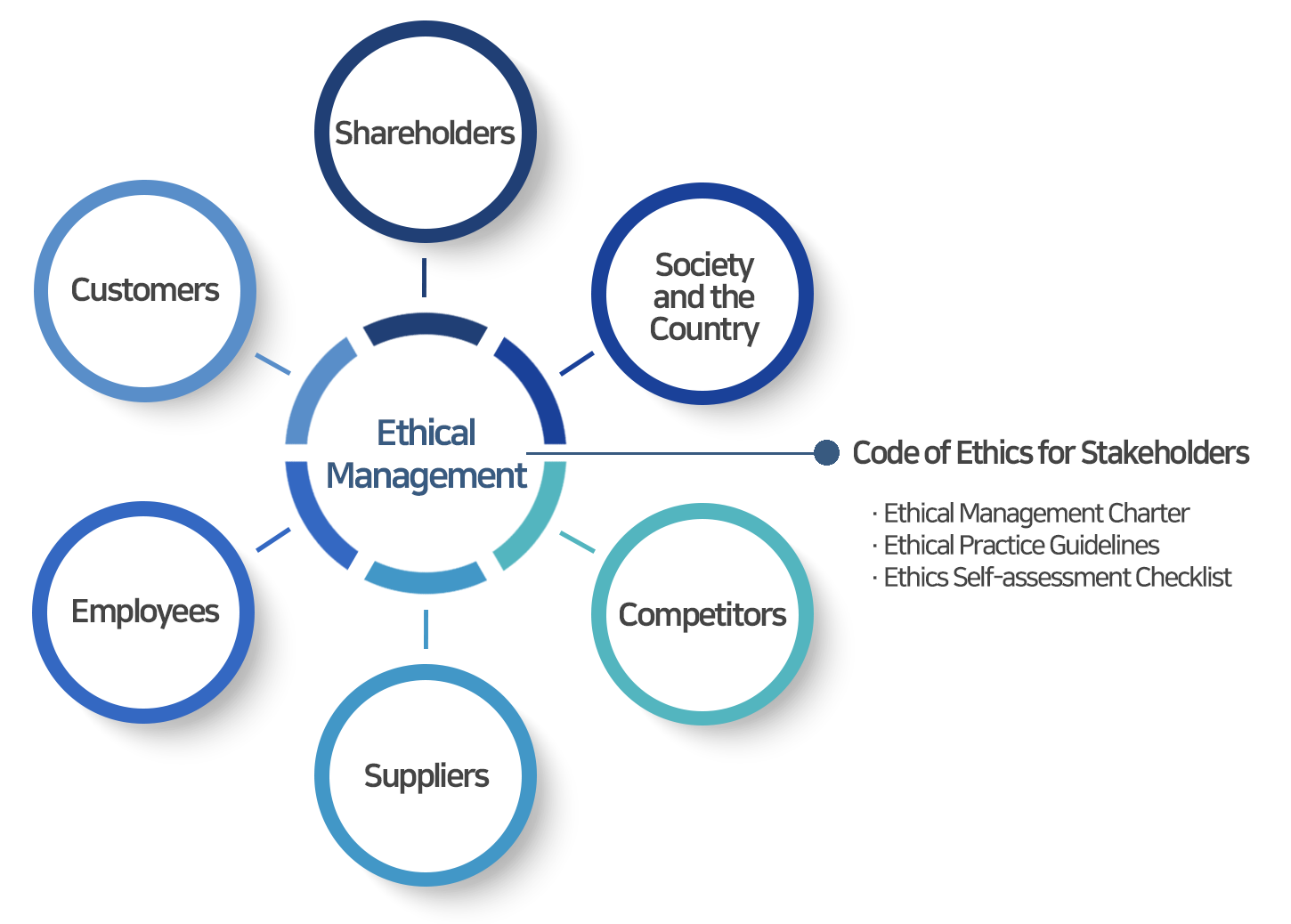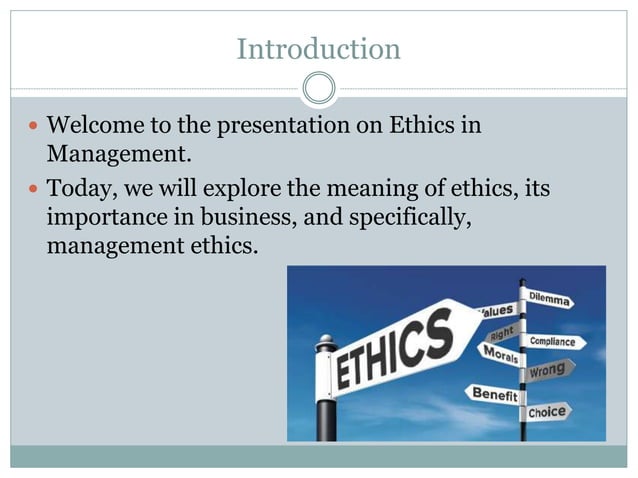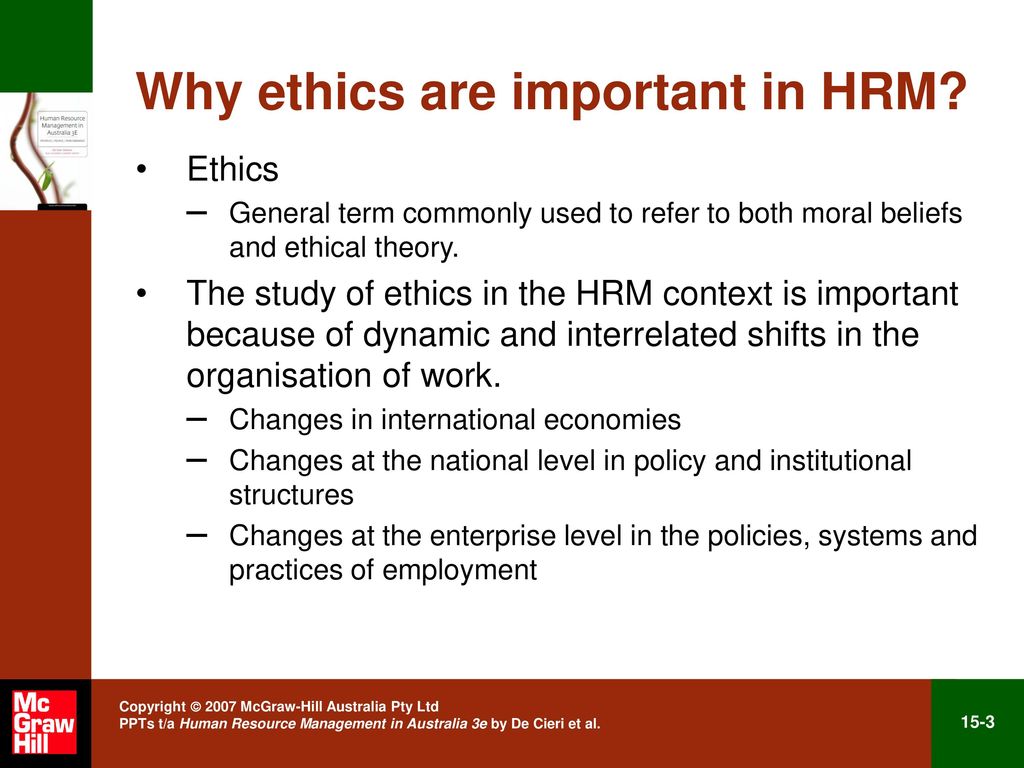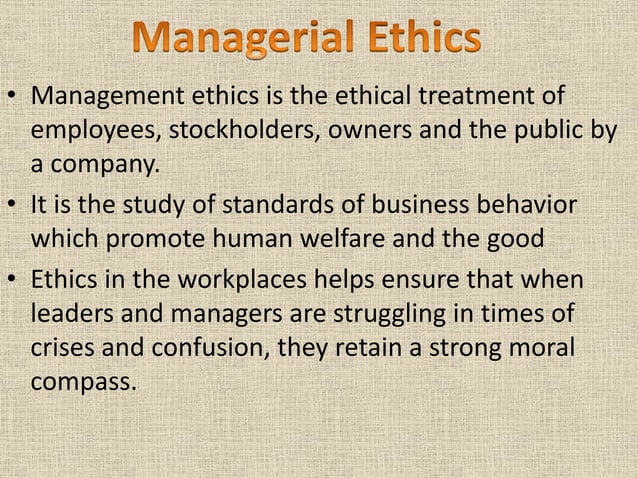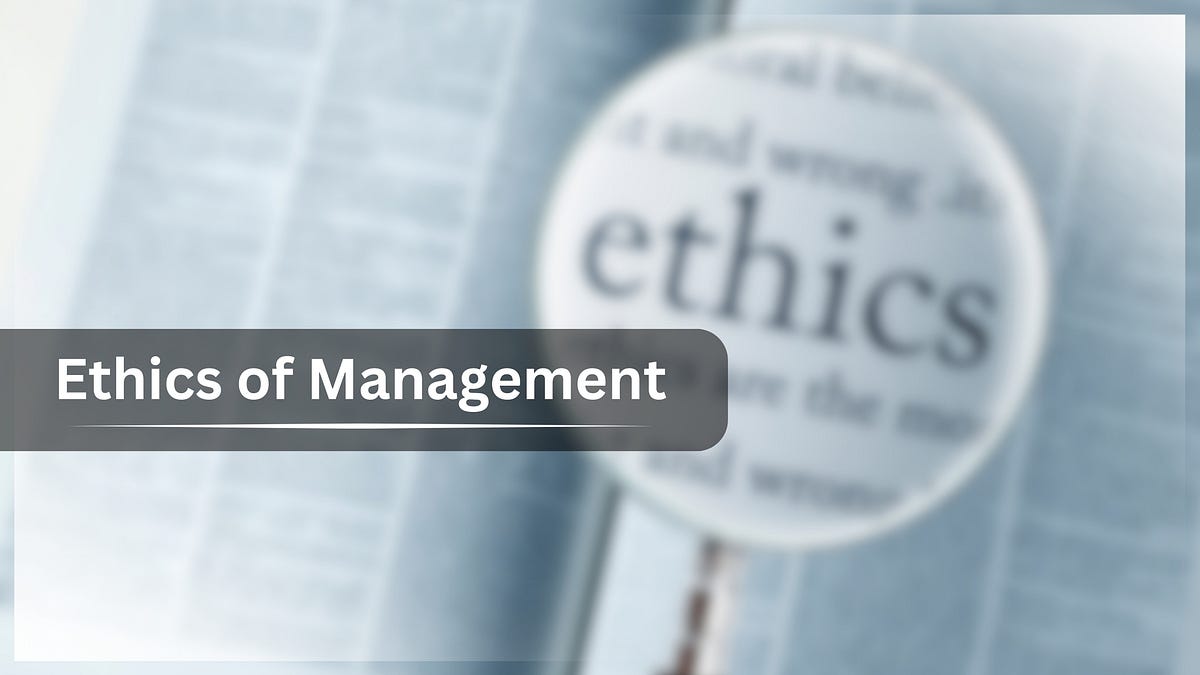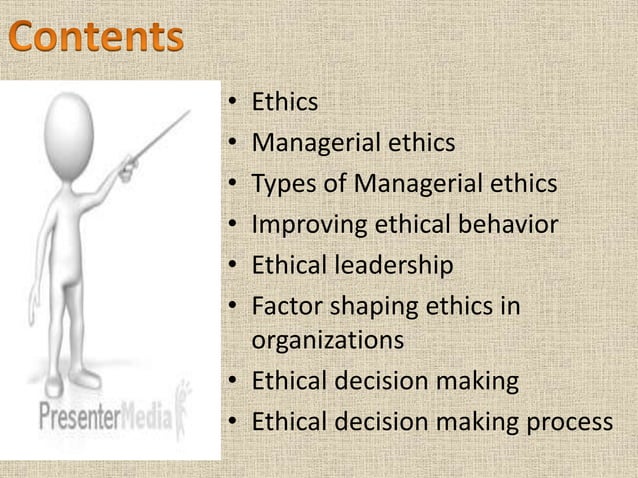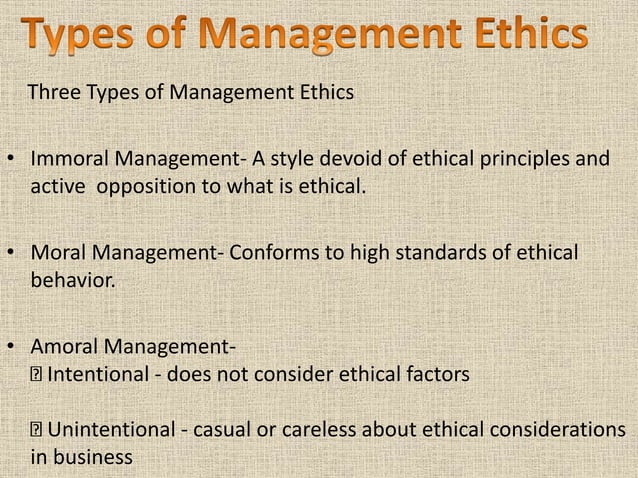Importance Of Ethics In Management

Imagine a bustling marketplace, overflowing with vibrant colors and the clamor of vendors vying for attention. Trust is the unseen currency here, the bedrock upon which every transaction rests. A whispered promise, a firm handshake, a reputation built over years - these are the hallmarks of ethical conduct. But what happens when the principles of honesty and fairness are abandoned? The marketplace crumbles, trust erodes, and everyone suffers.
This scenario, writ large, reflects the critical importance of ethics in management. It's not just about avoiding legal trouble; it's about building sustainable success, fostering a positive work environment, and contributing to a thriving society. Ethical leadership is the cornerstone of any reputable organization, shaping its culture, guiding its decisions, and ultimately determining its long-term viability.
The Foundation of Trust and Success
Ethics in management is more than just a set of rules; it's a philosophy that guides decision-making. It's about doing the right thing, even when it's difficult or unpopular. It encompasses fairness, honesty, integrity, and respect for all stakeholders, including employees, customers, investors, and the community.
Consider the scandals that have rocked the corporate world in recent decades. From Enron to WorldCom, these examples demonstrate the devastating consequences of unethical behavior. Dishonesty and greed not only destroyed these companies but also caused widespread financial hardship and eroded public trust in the business world. These are stark reminders of the importance of a strong ethical compass in leadership.
Building a Culture of Integrity
Ethical behavior starts at the top. Leaders set the tone for the entire organization. When leaders demonstrate integrity and hold themselves to high ethical standards, they create a culture where ethical behavior is expected and valued. This often translates to greater employee engagement and a stronger sense of purpose within the organization.
According to the 2023 Edelman Trust Barometer, trust in business is crucial. The study highlights that consumers and employees alike are increasingly demanding that companies act ethically and responsibly. Businesses that prioritize ethical conduct are more likely to attract and retain talent, build stronger customer loyalty, and earn the respect of their peers.
Furthermore, a strong ethical framework can help companies navigate complex challenges and make difficult decisions. During times of crisis, a clear ethical code can provide a roadmap for responsible action, ensuring that the company acts in the best interests of all stakeholders. Ethical decision-making fosters transparency and accountability, which are essential for maintaining trust and credibility.
Beyond Compliance: A Proactive Approach
Many companies focus on compliance with laws and regulations, which is undoubtedly important. However, ethics goes beyond simply following the rules. It requires a proactive approach to identifying and addressing potential ethical dilemmas. It is about having a moral compass that directs behavior even when no law requires it.
This proactive approach often involves implementing ethics training programs, establishing whistleblower hotlines, and creating ethics committees. These initiatives provide employees with the resources and support they need to make ethical decisions. They also create a safe space for reporting unethical behavior without fear of retaliation.
A recent study by the Ethics & Compliance Initiative (ECI) found that companies with strong ethics and compliance programs are more likely to detect and prevent misconduct. The study also found that employees in these organizations are more likely to report wrongdoing and feel confident that their concerns will be taken seriously.
The Long-Term Benefits
The benefits of ethics in management extend far beyond avoiding legal trouble and improving reputation. Ethical companies are more likely to attract investors, build stronger relationships with suppliers, and create a more sustainable business model. It leads to better employee retention, lower turnover rates, and a healthier working environment overall.
By prioritizing ethics, organizations can create a virtuous cycle of trust, accountability, and success. Ethical leadership fosters a culture of innovation and creativity, as employees feel empowered to take risks and share their ideas. Sustainable growth becomes a natural outcome when ethics are embedded in the company's DNA.
Ultimately, ethical management is not just a good business practice; it's a moral imperative. It's about creating a world where business is conducted with integrity, fairness, and respect for all.


